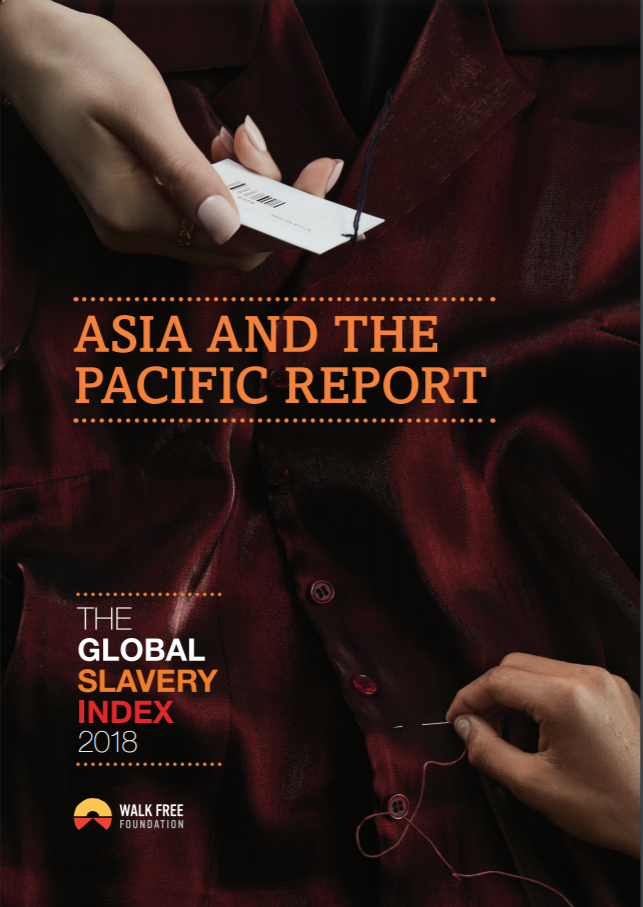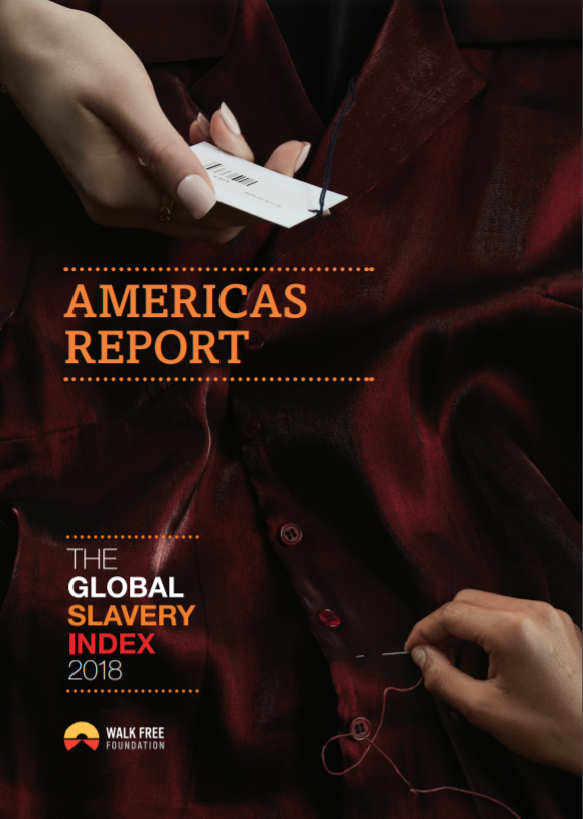The Global Slavery Index 2018. Africa Report

Although African countries face challenges in effectively responding to all forms of modern slavery, many countries in the region are taking steps to strengthen their responses. Improvements in the legislative framework have occurred across the region with some notable examples. Cote d'Ivoire, Morocco, and Tunisia enacted comprehensive trafficking legislation in 2016- a new development since the 2016 Global Slavery Index. As a result, in 2017, nearly 70 percent of African countries had criminalised human trafficking, an increase from the nearly 60 percent reported in the previous Global Slavery Index in 2016.
Country
Worldwide
Region
Worldwide
Year
2018
Topics






